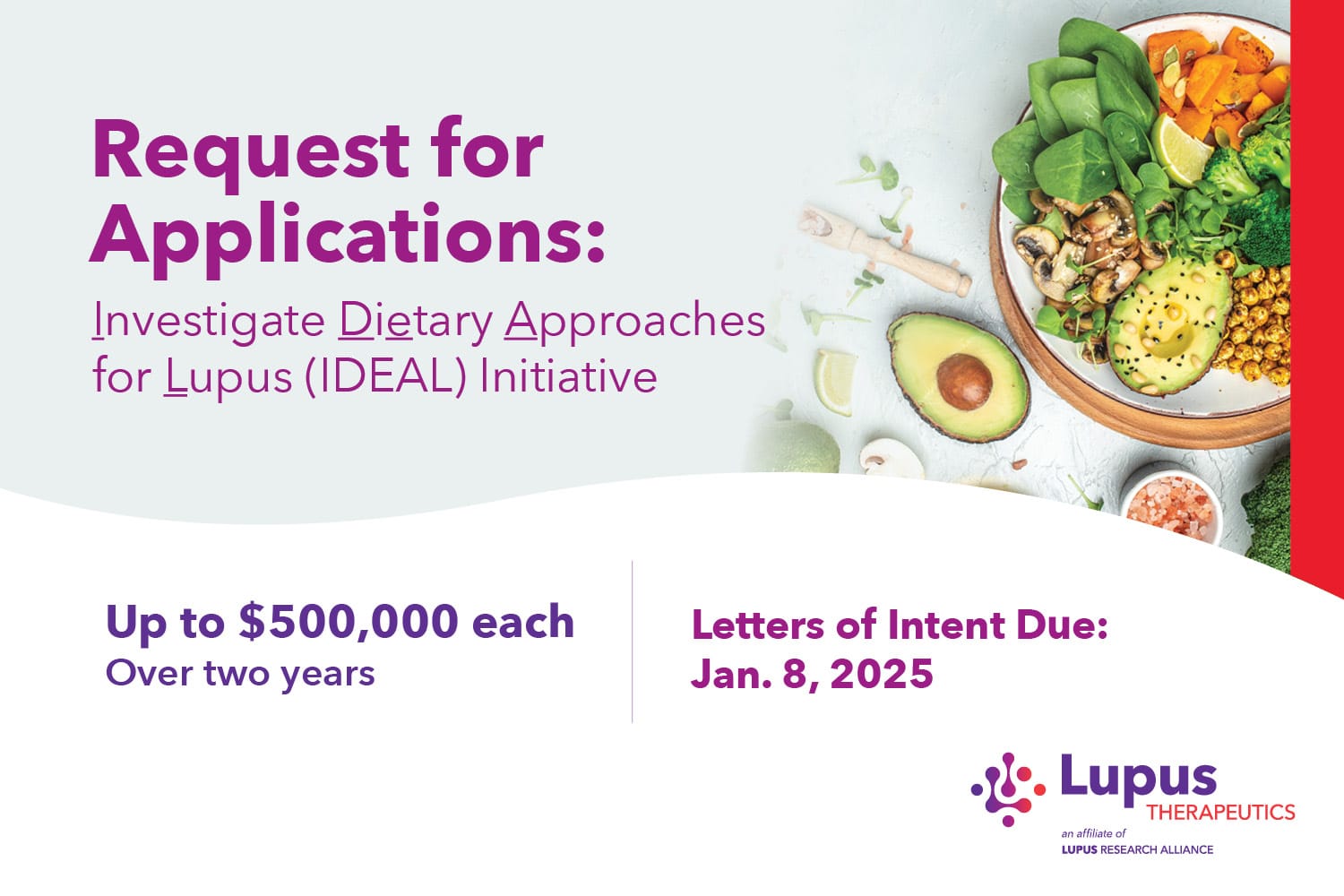New Phase 3 Study Shows Positive Results for Benlysta® in Lupus Nephritis

New Phase 3 Study Shows Positive Results for Benlysta® in Lupus Nephritis
December 17, 2019
The Lupus Research Alliance is thrilled to share exciting news from GSK that Benlysta (belimumab) demonstrated positive clinical trial results in treating lupus nephritis (LN), a common complication of lupus causing inflammation of the kidneys that can result in end-stage kidney disease. Called BLISS-LN, this Phase 3 trial is the largest one ever conducted among patients with lupus nephritis and paves the way for a new treatment for this disease.
Although belimumab is already approved by the U.S. FDA to treat systemic lupus erythematosus (SLE), it had not been tested in patients specifically for lupus nephritis and has not yet been approved for this use. The BLISS-LN trial is the last stage in clinical development before GSK submits its data with a formal request for the FDA to approve the drug as a new treatment for lupus nephritis. The company expects to file with the FDA in the first half of 2020.
Kenneth M. Farber, President and CEO of the Lupus Research Alliance said: “We are very gratified that at long last additional treatment options may be emerging for lupus nephritis. Belimumab is the only drug specifically developed and approved for lupus in decades, and the fact that it has shown benefit, not only for generalized SLE, but also now for lupus nephritis, is great news. GSK has long been a terrific partner to the Lupus Research Alliance, and we extend our congratulations as well as appreciation to GSK, to the investigators who enrolled patients in the study, and especially to the people with lupus who generously participated.”
As background, belimumab, like all drugs reviewed by the FDA, go through extensive clinical trials to test for safety and efficacy. Phase 1 studies test a drug’s safety in a small number of healthy people and establish dosing, and Phase 2 studies test the drug’s effectiveness in a patients and monitor safety. Phase 3 studies test the drug in a large group of patients with randomized, double-blinded trial designs. That means people are randomly selected to receive the drug being tested or placebo and, no one knows who received what until the end of the study. Phase 3 studies compare the new treatment plus standard of care (the treatment most accepted in medical practice) versus placebo plus standard of care. Companies submit filings of their data to the FDA for review after the Phase 3 trials are completed.
“We encourage people with lupus and their families to visit our website LupusTrials.org and learn about clinical research. Talk to your doctor and see if there’s a study that’s right for you. Your participation is critical – we can’t deliver new treatments without your help,” ended Ken Farber.



